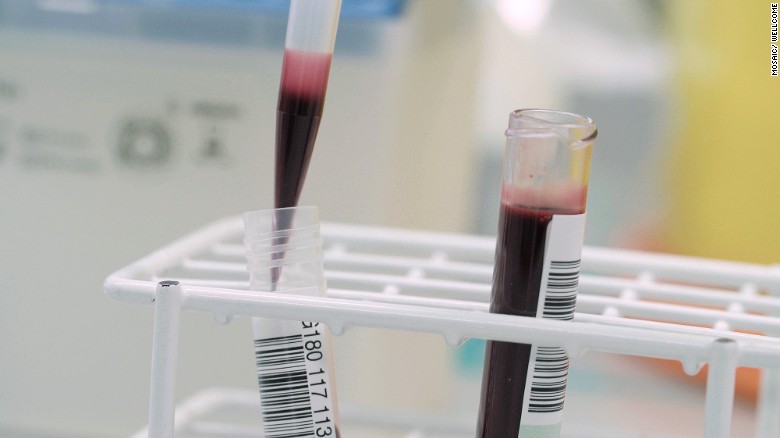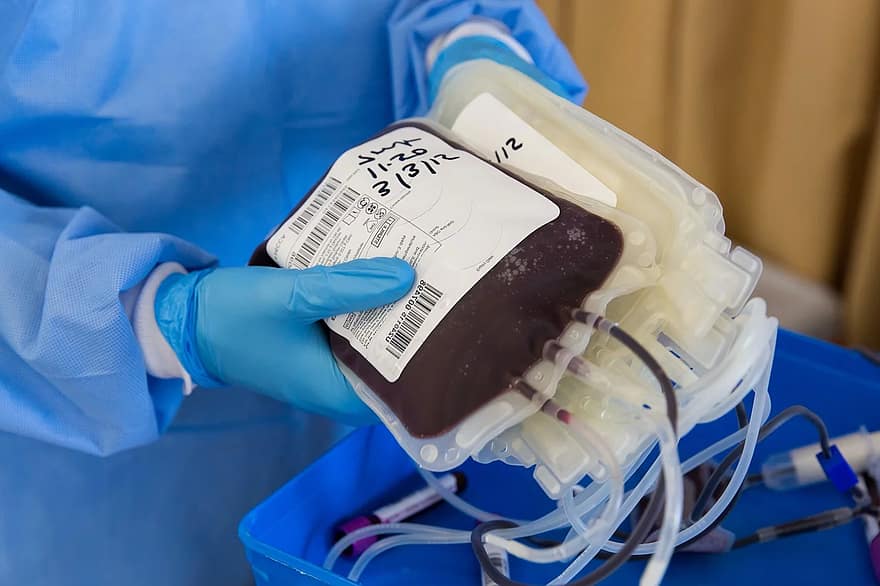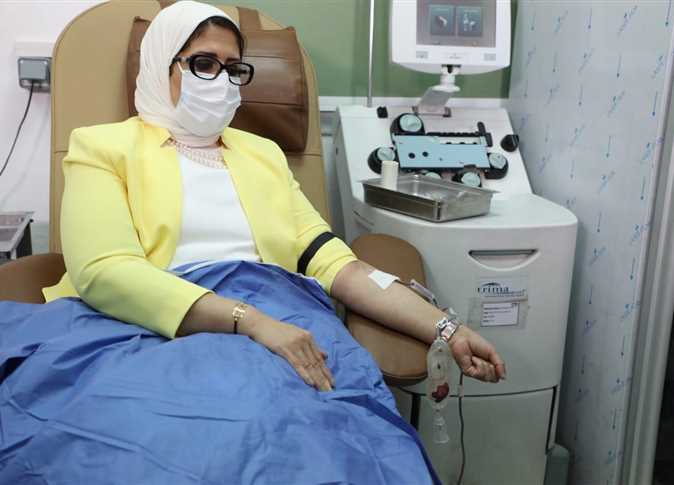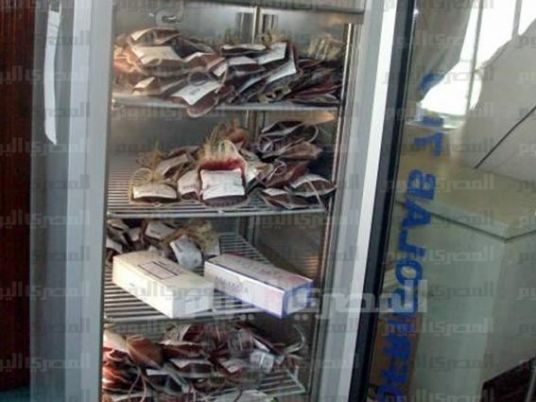
Currently the percentage of blood donors in Egypt is only about 1 percent of the total population, well below the regular donation percentage, between two and three percent, required for an adequate blood reserve, according to Nihad Mossad, director of the National Blood Transfusion Services Centers at the Ministry of Health.
Mossad pointed out that it is necessary to spread the culture of donation through all channels, especially the media, to educate citizens about the benefits and importance of blood donation.
Donations from the Egyptian youth population alone could provide the universal rates of donation needed for self-sufficiency in Egypt, Mossad added.
If every young person donates blood twice a year, Egypt will reach the required ratio, she said.
Donating blood has been shown to benefit the body, most notably, in the revitalizing the production of red blood cells and activating blood circulation.
Red cells are components of blood that die every 120 days. Donation activates the production of the red cells, as long as the donor does not suffer from anemia, said Mossad.
The strategic inventory of blood in Egypt is safe, despite the low donation rates, said Mossad, noting that the ministry opened the regional center for blood transfusion a few days ago in Port Said, adding to the group of national blood transfusion services established across the governorates.
The Damietta Center for Blood Transfusion will be inaugurated by the end of the current year, said Mosaad, adding two others will be inaugurated in Suez and Fayoum by 2019.
The biggest challenge facing countries worldwide is concentrating efforts to provide safe blood and ensure provision of every blood type and its derivatives needed to treat varying cases of tumors and blood diseases, in addition to all chronic diseases, according to Mossad.
Edited translation from Al-Masry Al-Youm



